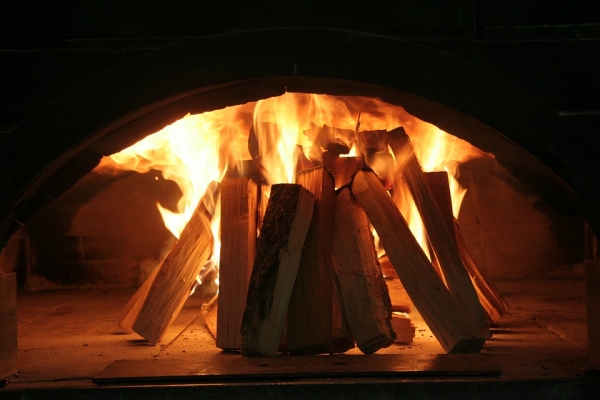Researchers from Surrey's Global Centre for Clean Air Research (GCARE) found that while improved cookstoves can reduce fine particles (PM2.5) by up to 65%, they can actually increase the emission of ultrafine particles.
The GCARE team also found that ultrafine particles' large surface areas allow them to absorb a significant amount of hazardous metals and chemicals, such as arsenic, lead, nitrate, sulphate and polycyclic aromatic hydrocarbons.
Professor Prashant Kumar, co-author of the study and Director of GCARE at the University of Surrey, said:
"The global cost-of-living crisis has led to many turning to wood, coal, peat and other biomass fuels for domestic fuel combustion to cook or heat their homes. Unfortunately, our research suggests that there may be an even higher health cost to pay in the near future.
Read more at University of Surrey
Photo Credit: hoffmann-tipsntrips via Pixabay


